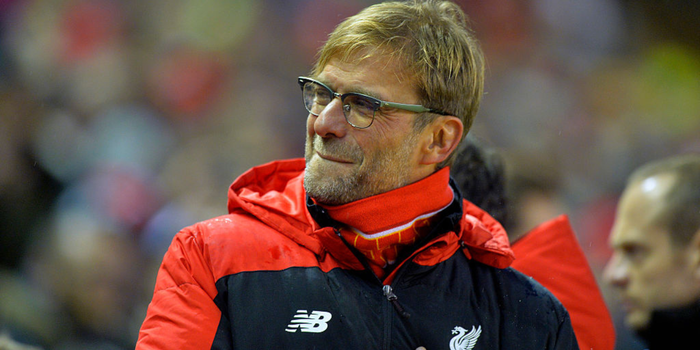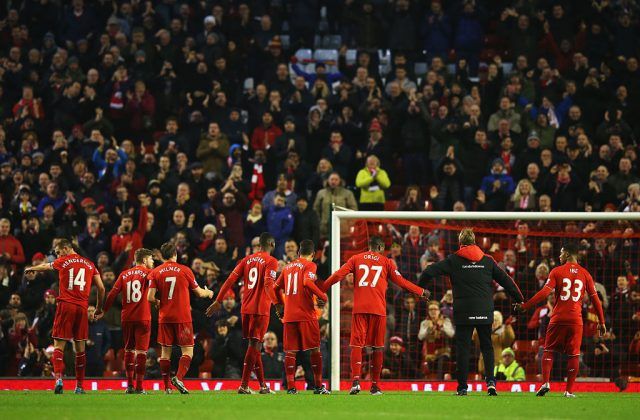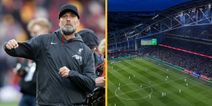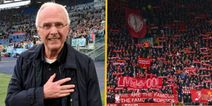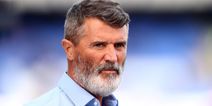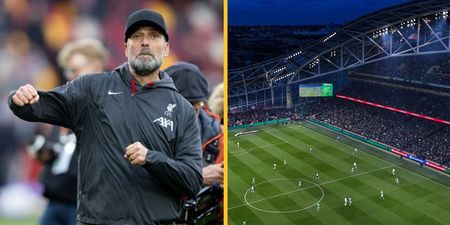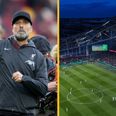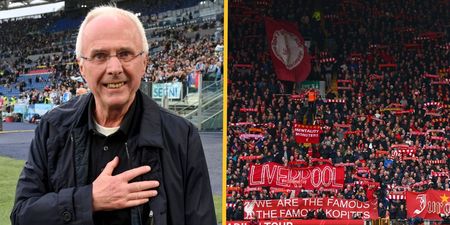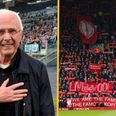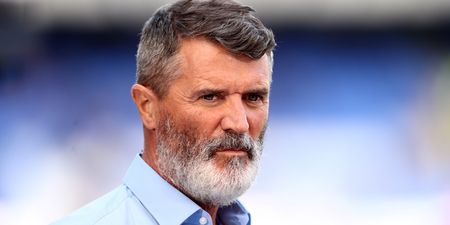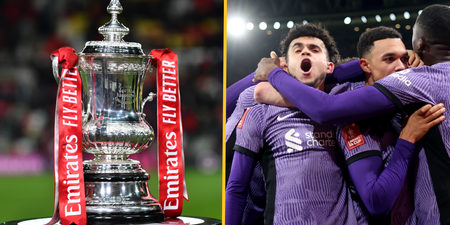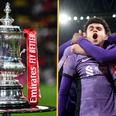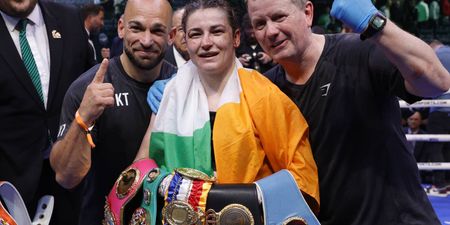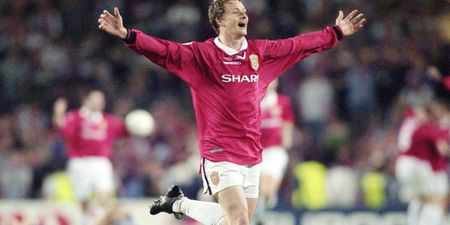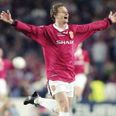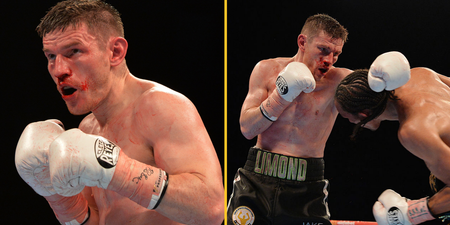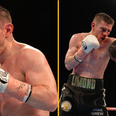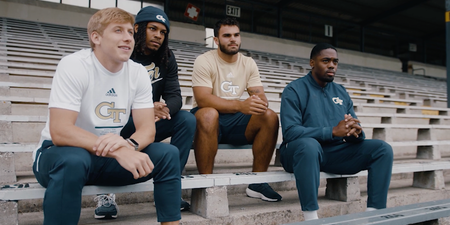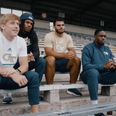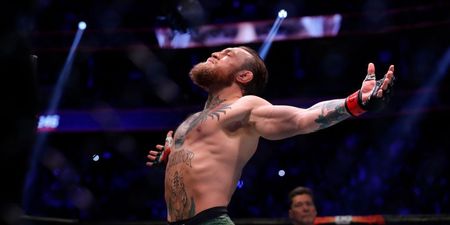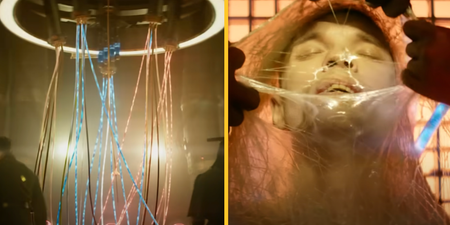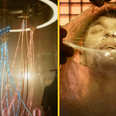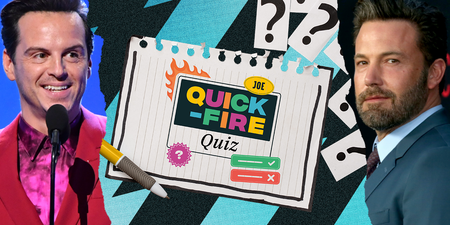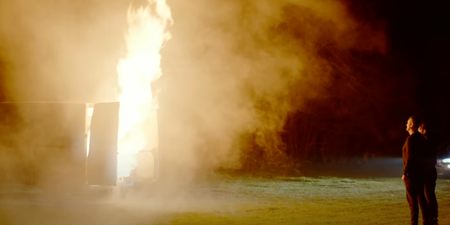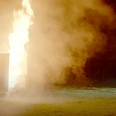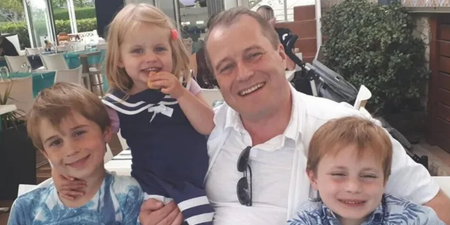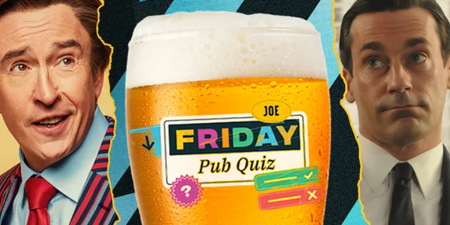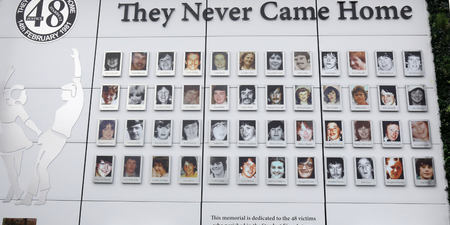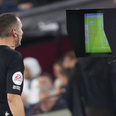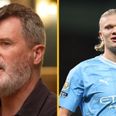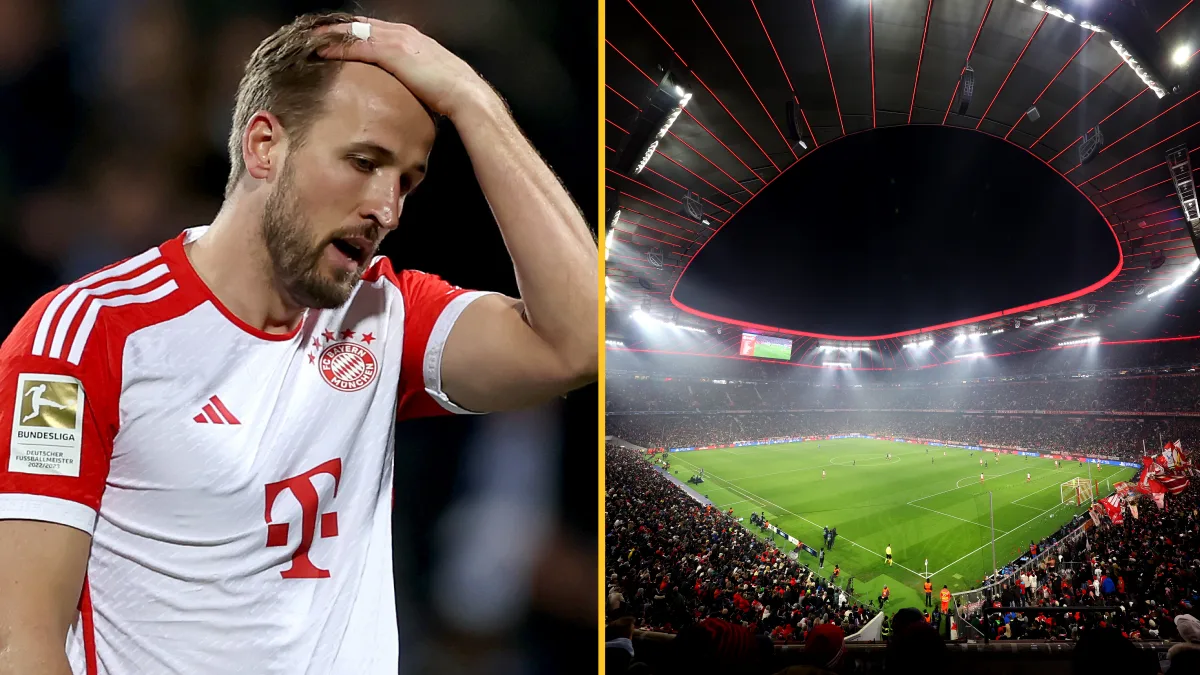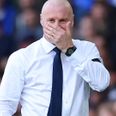Doubters to believers and critics to word eaters.
All of the important dates associated with Jurgen Klopp’s time as Liverpool manager are typically in the summer months of May or June.
It was on June 1, 2019, when Klopp lifted Liverpool’s sixth ever European Cup trophy, after losing the final to Real Madrid just 12 months previously; a date that will be forever cemented in the club’s already glittering history.
On June 26, 2020, it was confirmed that the Reds would be crowned Premier League champions, ending a drought that lasted 30 years, and elevating Klopp from hero-status to immortality in the eyes of Liverpool fans, as he will always be the man who finally brought the holy grail to Anfield.
In May 2022, the German native climbed the steps at Wembley to hoist the FA Cup above his head, and was greeted by an eruption of joy from travelling supporters who would follow this man all around the world if he asked them to.
However, there is one solitary date in December, that proved to be a turning point for the club’s fortunes, and a glimpse into the magic that we were about to see Klopp perform.
Unlike the aforementioned dates, this one wasn’t a celebration of undeniable success that saw rivals turn green with envy, while a sea of red supporters would dance, sing and chant with a feeling of euphoria so special, that if it could be bottled and sold, Elon Musk would have spent billions to do it, and made trillions in the process.
It was December 13, 2015, and Liverpool were sitting ninth in Premier League table, just a few weeks after Brendan Rodgers was sacked. A certain Jurgen Norbert Klopp was in the Anfield dugout, watching his side trail 2-1 to West Brom.
Liverpool captain Jordan Henderson had given the home side the lead early on, but a Simon Mignolet error gifted a goal to Craig Dawson, before Jonas Olsson put the away team in the lead on the 73rd minute, and the seemingly never-ending wheel of disappointment for fans looked like it was doomed to keep on spinning.
The atmosphere in the stadium had been punctured so many times in recent years, that it didn’t take much for it to escape the grounds, and leave the whole city and fandom feeling flat – Liverpool had lost their greatest asset, the spirit of Anfield.
So many times before, the historic crowd and legendary Kop stand were hailed as being the 12th man; able to suck the ball the ball over the line when they needed to give their team a help in hand.
Liverpool celebrating in front of their fans after a 2-2 draw against West Brom in 2015.#LIVWBA pic.twitter.com/Lp5h5BPhg5
— Sky Sports Retro (@SkySportsRetro) December 27, 2020
They had a bond with the players, the team, the management – they genuinely felt a part of it, like what they sang could make a difference, that belting out ‘You’ll Never Walk Alone’ could and would ignite everyone who was wearing red to find another level in their game, and strike fear into the opposition as the battlecry echoed throughout the arena.
When Anfield hosted Jose Mourinho’s unstoppable Chelsea team in the Champions League semi-final back in 2005, their fierce leader, captain and immovable rock in defence, John Terry, confessed that the noise affected even him.
“The Liverpool fans that night were amazing,” Terry said in his autobiography. “I have never heard anything like it before and I don’t think I ever will again.
“I walked out into that cauldron and heard that singing and saw that passion. The hairs on my arms were standing up.”
Fast forward 10 years, we’re back to 2015, and December 13. That piping hot cauldron Terry had mentioned was only lukewarm at best, barely rising above room temperature as the despondent crowd felt helpless, frustrated and uninspired by the team that was supposed to be representing them – the connection between fan and player was severed.
However, ‘gegenpressing’, the principal at the heart Klopp’s game plan, meant that his players never stopped running, never stopped pressing, and pushed their bodies to torturous levels of exhaustion to steal a yard, an inch, a millimetre – anything at all as long as it was a step forward.
The effort was apparent, the genuine want and will to win was clear to see, and disgruntled fans who had been hurt so many times before started to lower their guard, and allowed themselves to believe in this side again.
On the 96th minute, Divock Origi found the back of the net to salvage a point for Klopp’s new-look Liverpool team, and although they didn’t get the win, the players showed a level of heart and desire that is difficult to convey when you’re being paid millions to kick a ball about.
The new boss saw this as an opportunity to plead to the Anfield faithful, ask them to open themselves up again, to get behind this group of players, and to get behind him.
Next thing you know, the players are hand in hand, with Klopp in the middle of them, saluting the home crowd, thanking them, cheering them, and celebrating something so seismic, it would cause shockwaves throughout the footballing world in years to come.
On the surface, all rivals saw was this animated foreign manager, cheering and celebrating a 2-2 draw with a team doomed for relegation. They laughed because they didn’t understand. They mocked the man and the team because they saw his honesty, vulnerability and openness as a sign of weakness.
Klopp knew though – he knew the that the powerful connection between these supporters and this team and been repaired, and that the energy flooding in from the Kop would power famous nights like the 4-0 win over Barcelona in 2019, or the 2-0 victory against Man United in 2020 when fans finally believed that they would win the Premier league – which they did.
A fortress was rebuilt, upgraded and heightened, with an arsenal of weapons that made it a graveyard for away teams for the years to come.
Seven trophies, a seven-nil victory over United, and nine wonderful years later, rivals are not laughing at Klopp anymore, but are instead counting the days until his reign is over, and praying that he never returns to celebrate a 2-2 draw ever again.
Related links:
- Four managers who could replace Jurgen Klopp and it’s obvious who they should pick
- Virgil van Dijk is the first player to break silence on Jürgen Klopp departure
- Jurgen Klopp’s last Liverpool game could be the Europa League final, in Dublin
